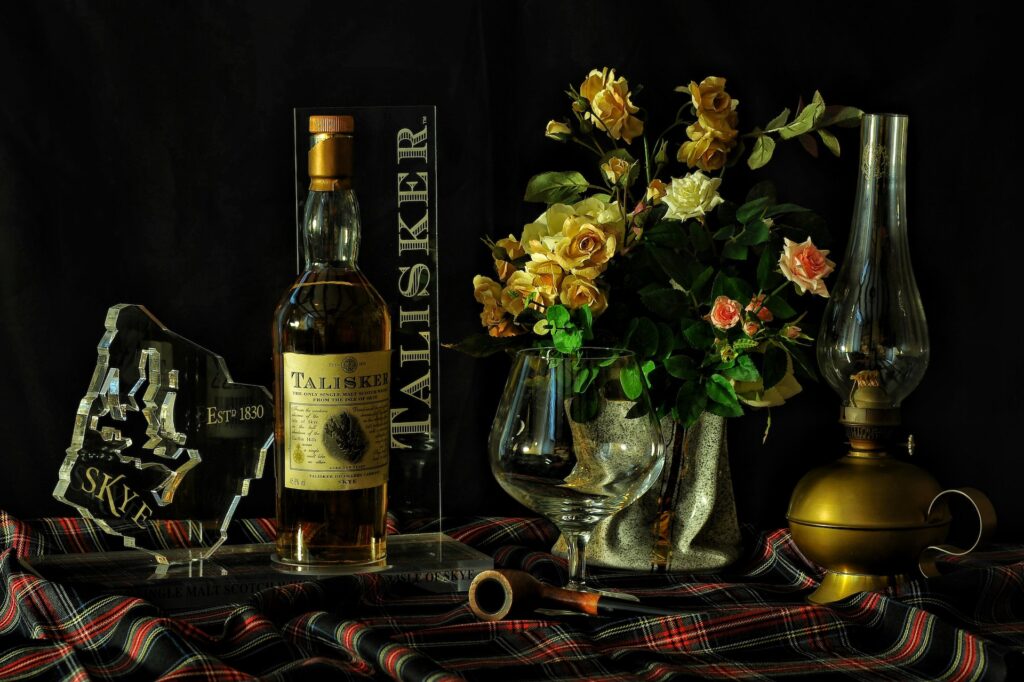Whisky has been a staple drink in many cultures for centuries. With its rich and complex flavors, it is no wonder why it is one of the most popular alcoholic beverages in the world.
However, not all whisky is created equal, and the distinction between single malt and blended whisky has been a topic of debate among connoisseurs for years. So, is single malt whisky truly better than blended whisky? Let’s take a closer look.
What is Single Malt Whisky?
Single malt whisky is made from 100% malted barley, distilled at a single distillery, and aged in oak barrels for a minimum of three years. The production process is entirely done in-house, from mashing to bottling. This allows for a unique and distinct flavor profile, as the local water source, yeast strains, and barrel aging determine the whisky’s character.
What is Blended Whisky?
Blended whisky, on the other hand, is made by blending multiple single-malt whiskies from different distilleries. The blending process is intended to create a consistent and balanced flavor profile, as well as to make the final product more affordable.
The best blended whiskies are made by master blenders who have a keen palate and years of experience in combining different single malt whiskies to create a harmonious and well-rounded flavor.
Pros and Cons of Single Malt and Blended Whiskies
When it comes to single malt and blended whisky, each type has its own unique set of advantages and disadvantages. Here’s a quick overview of the pros and cons of both:
Pros of Single Malt Whisky
Unique and distinctive flavor profile, as the character of the whisky is determined by the local water source, yeast strains, and barrel aging. Production process is entirely done in-house, allowing for more control over quality and consistency
Cons of Single Malt Whisky
Can be expensive, as the production process is entirely done in-house, and the minimum aging period is three years.
Pros of Blended Whisky
Consistent and balanced flavor profile, as the best blended whiskies are made by master blenders with years of experience. Often more affordable than single malt whiskies.
Cons of Blended Whisky
Can lack the unique and distinct flavor profile of single malt whiskies, as the character of the whisky is determined by the blending process. Production process can be less transparent, as the single malt whiskies used in the blend can come from different distilleries and countries.
The Final Verdict
In conclusion, the debate between single malt and blended whisky is subjective and ultimately comes down to personal preference.
Single malt whisky is highly prized for its unique and distinctive flavor profile but can be expensive due to the in-house production process and minimum aging period.
Blended whisky is highly prized for its consistent and balanced flavor profile but can lack the unique and distinct flavor profile of single malt whiskies.
Whether single malt or blended, both types of whisky have pros and cons and are enjoyed by whisky connoisseurs worldwide. The key is trying different types of whisky, experimenting with different flavor profiles, and finding the one that suits your taste buds.
